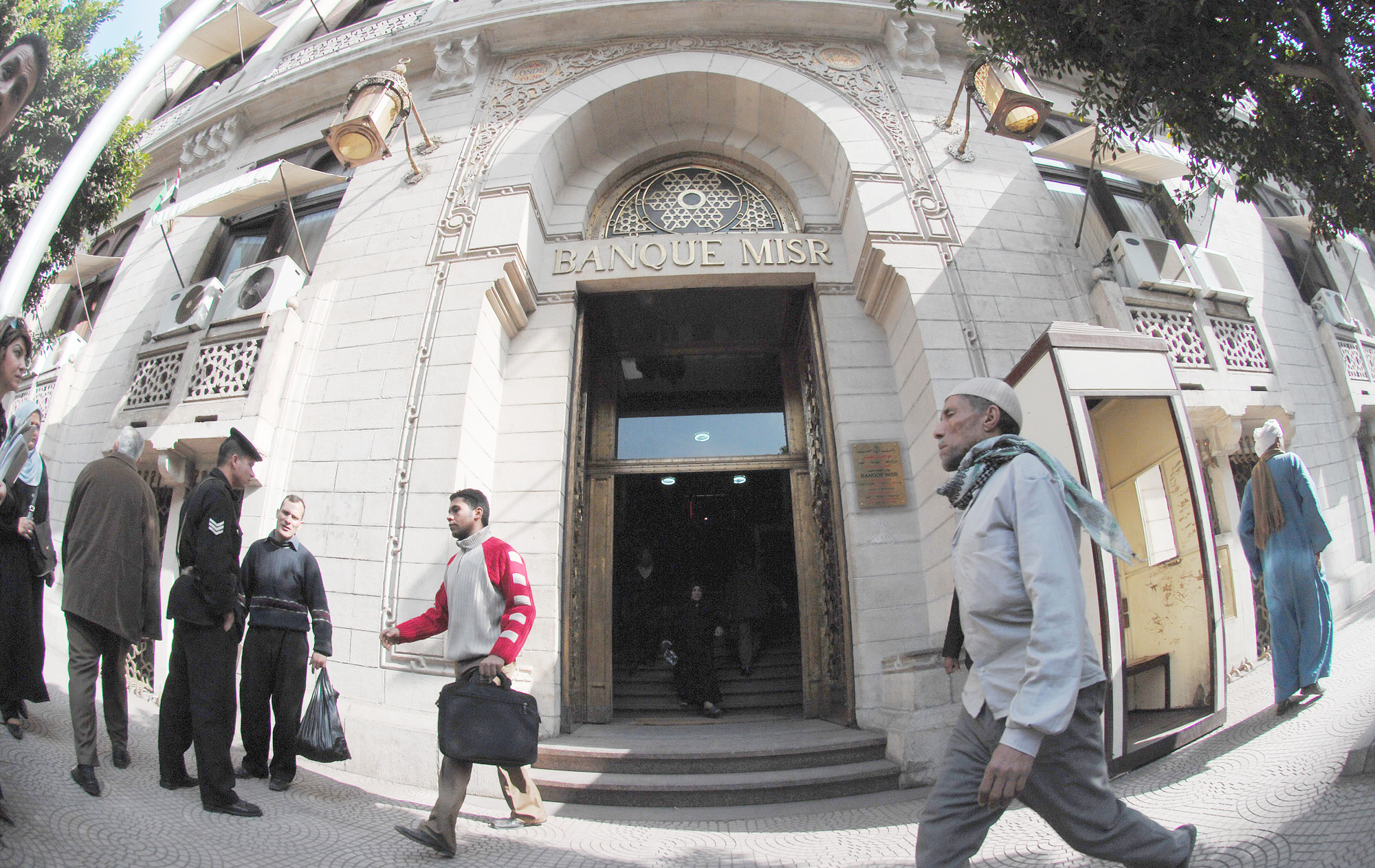RAFAH: It is hard to imagine that a gravel road is all that leads to one of the most difficult border crossings on the planet, but that is the reality of the Gaza-Egypt crossing at Rafah. Although construction is underway to pave the road, gravel is all that stands between hundreds of Palestinians and home.
Women line one side of the road selling numerous trinkets to fellow Palestinians. Everyone has one thing in common, however; they are all waiting to see a piece of paper with their name written on it. When the Egyptian border guard comes out with a stack of papers stapled together and calls the family name, smiles and hugs begin; the family knows they are going home.
Unfortunately, not everyone is as lucky as the few families that get to pass through the border each day. With their bags packed, Palestinians line the road, waiting. For some, the days pass into weeks, followed by months. While most are able to cross with speed, for some the wait begins to weigh heavily on their hearts and minds. But one thing is certain; if there is someone in need of help, they are ready to give it.
One Palestinian with close connections with the Minister of Civil Affairs, Mohamed Dahlan, says that it has as much to do with Israel than it does with Egypt or The Palestinian Authority.
“The proper procedure is to send all the necessary documents to the Ministry of Civil Affairs, the man said, speaking on the condition that his name would not be revealed. “Then, we have to go to the Israeli authorities in order to get the proper clearance.
The border between Gaza and Egypt is supposedly out of Israeli control, but in reality it seems far from it. “We should have full control over the border, the official says. “But without us okaying things with the Israelis, they would not have given us the border, so it is a price to pay for our limited freedom.
The absence of a clear authority leaves many questions unanswered. Who maintains control of the border crossings and checkpoints remains unclear. Some blame the Egyptian government, others the Israelis and still others the Palestinian Authority. Even the Egyptian guards who protect the Rafah crossing are uncertain about their responsibility and the orders they must enforce.
Yet it is they, the Egyptians, who are the most visible, the most tangible representation of the contradictory and convoluted system that is responsible for the exasperating and often wearisome situation of many stuck on the Egyptian side of the border.
It is the border guards who must face the disappointment, confusion and frustration from those desperately trying to rejoin loved ones in their homes just over the wall in Gaza. Rarely does anyone with actual authority appear from behind the iron-gate to suggest a solution or offer advice, which leaves one to wonder if such an individual even exists. Questions directed at the Egyptian guards are often met with misinformation and many are sent on a round about mission in an effort to expedite the process.
For example, when asked what documents are necessary and to whom they are supposed to be sent, Egyptian guards give numerous responses, in the hope that these people will leave them alone.
“You need permission from the Egyptian Consulate in Gaza, one guard mentions. “You have to send them copies of your passport and a letter telling of your intentions.
Sadly, what really must be done is quite at odds with what the Egyptians tell those at the border. According to Palestinian officials, all documents must be sent to the Ministry of Affairs in Gaza in order to expedite the process of crossing the border, which includes getting security clearances for foreign nationals. This can take up to a week.
The uncertainty at the crossing reflects a greater uncertainty within Gaza’s border that has escalated since the elections, which resulted in Hamas gaining a majority of seats in the Palestinian Parliament. The shift in power from Fatah to Hamas has left many Palestinians speculating about their future. With the absence of a tangible Israeli presence on the ground in Gaza and at the newly re-opened border, there is no longer a concrete target at which the Palestinian’s may direct their fury.
A Palestinian man waiting his turn to cross back into Gaza illustrates this point. “Israel still controls everything that we do, but at the same time nothing at all, he begins. “With their soldiers gone, we don’t know what to do. There used to be clear rules, now we just sit and wait for a piece of paper that tells us that we are allowed to go home. I feel sorry for the Egyptian border guards, as they get most of our anger directed at them.
“Why do I need permission to go home? the same man asks.
Thus, internal divisions among various factions within Gaza are on the rise and instability seems to be prevailing. Many hesitate to accept Hamas as the new power and with that comes a lack of a clear authority. This translates into a debate over who carries the responsibility to maintain security and promote an improved way of life for Gaza’s inhabitants and those who continue to wait at the border.
